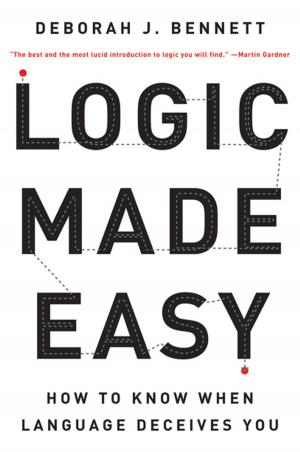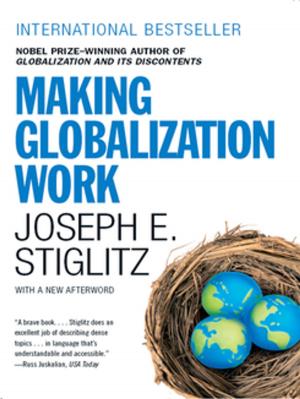Universal Rights Down to Earth (Norton Global Ethics Series)
Nonfiction, Social & Cultural Studies, Political Science| Author: | Richard Thompson Ford | ISBN: | 9780393083408 |
| Publisher: | W. W. Norton & Company | Publication: | November 28, 2011 |
| Imprint: | W. W. Norton & Company | Language: | English |
| Author: | Richard Thompson Ford |
| ISBN: | 9780393083408 |
| Publisher: | W. W. Norton & Company |
| Publication: | November 28, 2011 |
| Imprint: | W. W. Norton & Company |
| Language: | English |
A path-blazing lesson on how to reconcile lofty human rights ambitions with political and cultural realities.
The idea of universal rights—rights shared by all citizens, regardless of nationality, creed, wealth, or geography—has a powerful grip on the way many people feel about justice and global politics. No one should be subjected to torture or disappearance, to starvation or sex trafficking, to economic exploitation or biased treatment under the law. But when it comes to actually enforcing these rights, the results rarely resemble the ideal.
In Universal Rights Down to Earth, acclaimed author and legal expert Richard Thompson Ford reveals how attempts to apply “universal” human rights principles to specific cultures can hinder humanitarian causes and sometimes even worsen conditions for citizens. In certain regions, human rights ideals clash with the limits of institutional capabilities or civic culture; elsewhere, rights enforcement leads to further human rights violations. And in some countries, offending regimes use human rights commitments to distract attention from or justify their other abuses. Ford explores how our haste to identify every ideal as a universal right devalues rights as a whole, so that even the most important protections—such as that against torture—become negotiable.
In clear, persuasive prose, Ford explores cases ranging from food distribution to the poor in India to sex work in Japan, illustrating how a rights-based approach to these problems often impedes more effective measures—the pragmatic politics of cost weighing, compromise, and collective action. The bad news is that improving lives worldwide isn’t as easy as making a declaration. But the good news, as Universal Rights Down to Earth powerfully demonstrates, is that if we are clear-eyed and culturally aware, it can be done.
A path-blazing lesson on how to reconcile lofty human rights ambitions with political and cultural realities.
The idea of universal rights—rights shared by all citizens, regardless of nationality, creed, wealth, or geography—has a powerful grip on the way many people feel about justice and global politics. No one should be subjected to torture or disappearance, to starvation or sex trafficking, to economic exploitation or biased treatment under the law. But when it comes to actually enforcing these rights, the results rarely resemble the ideal.
In Universal Rights Down to Earth, acclaimed author and legal expert Richard Thompson Ford reveals how attempts to apply “universal” human rights principles to specific cultures can hinder humanitarian causes and sometimes even worsen conditions for citizens. In certain regions, human rights ideals clash with the limits of institutional capabilities or civic culture; elsewhere, rights enforcement leads to further human rights violations. And in some countries, offending regimes use human rights commitments to distract attention from or justify their other abuses. Ford explores how our haste to identify every ideal as a universal right devalues rights as a whole, so that even the most important protections—such as that against torture—become negotiable.
In clear, persuasive prose, Ford explores cases ranging from food distribution to the poor in India to sex work in Japan, illustrating how a rights-based approach to these problems often impedes more effective measures—the pragmatic politics of cost weighing, compromise, and collective action. The bad news is that improving lives worldwide isn’t as easy as making a declaration. But the good news, as Universal Rights Down to Earth powerfully demonstrates, is that if we are clear-eyed and culturally aware, it can be done.















